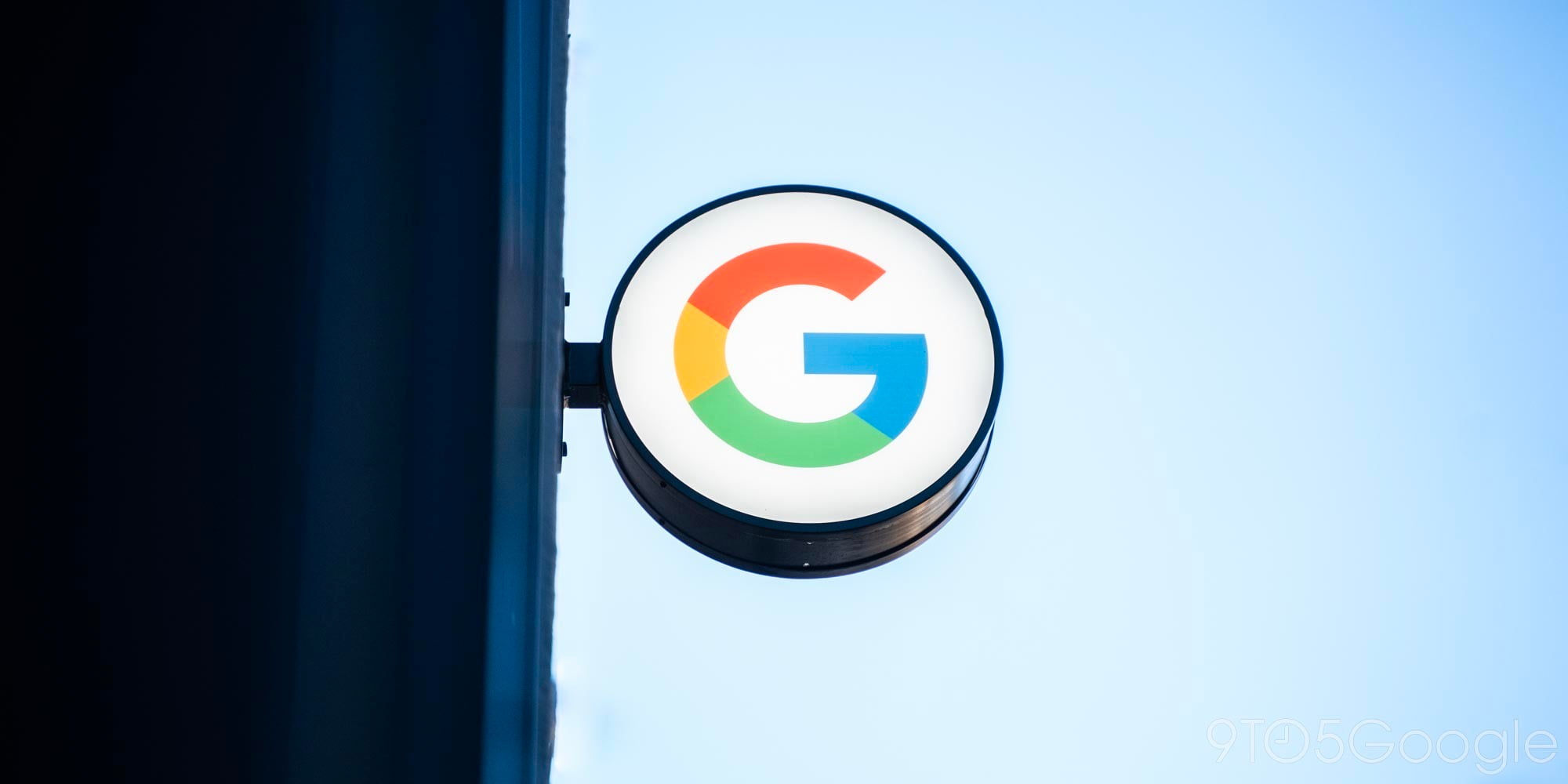
Google Search is a powerful tool for finding answers, and soon, it’s going to be an even better tool for trying to figure out skin conditions from home.
During its I/O 2021 Keynote today, Google confirmed it is working on a new feature for Search that’s designed to help users identify some skin conditions. This tool, obviously, isn’t designed to match a doctor’s diagnosis, but it can help users identify various dermatologic issues from home.
Using the tool is as simple as opening it up, pointing the camera at the point of concern on your skin, and capturing images from three different angles. The AI model then analyzes the images and can recognize up to 288 different conditions. Once the images are processed, the user is presented with a list of conditions that might apply.
Once you launch the tool, simply use your phone’s camera to take three images of the skin, hair or nail concern from different angles. You’ll then be asked questions about your skin type, how long you’ve had the issue and other symptoms that help the tool narrow down the possibilities. The AI model analyzes this information and draws from its knowledge of 288 conditions to give you a list of possible matching conditions that you can then research further.

Google says that it hopes to launch a “pilot” for this tool later this year. The product has already been marked as a Class I medical device in the EU but hasn’t been approved by the FDA for use in the United States just yet. You can sign up to test the product here.
In related news, Google is also using AI to build tools for screening tuberculosis patients.
Cost-effective screening, specifically chest X-rays, has been identified as one way to improve the screening process. However, experts aren’t always available to interpret results. That’s why the World Health Organization (WHO) recently recommended the use of computer-aided detection (CAD) for screening and triaging.
To help catch the disease early and work toward eventually eradicating it, Google researchers developed an AI-based tool that builds on our existing work in medical imaging to identify potential TB patients for follow-up testing.
FTC: We use income earning auto affiliate links. More.




Comments